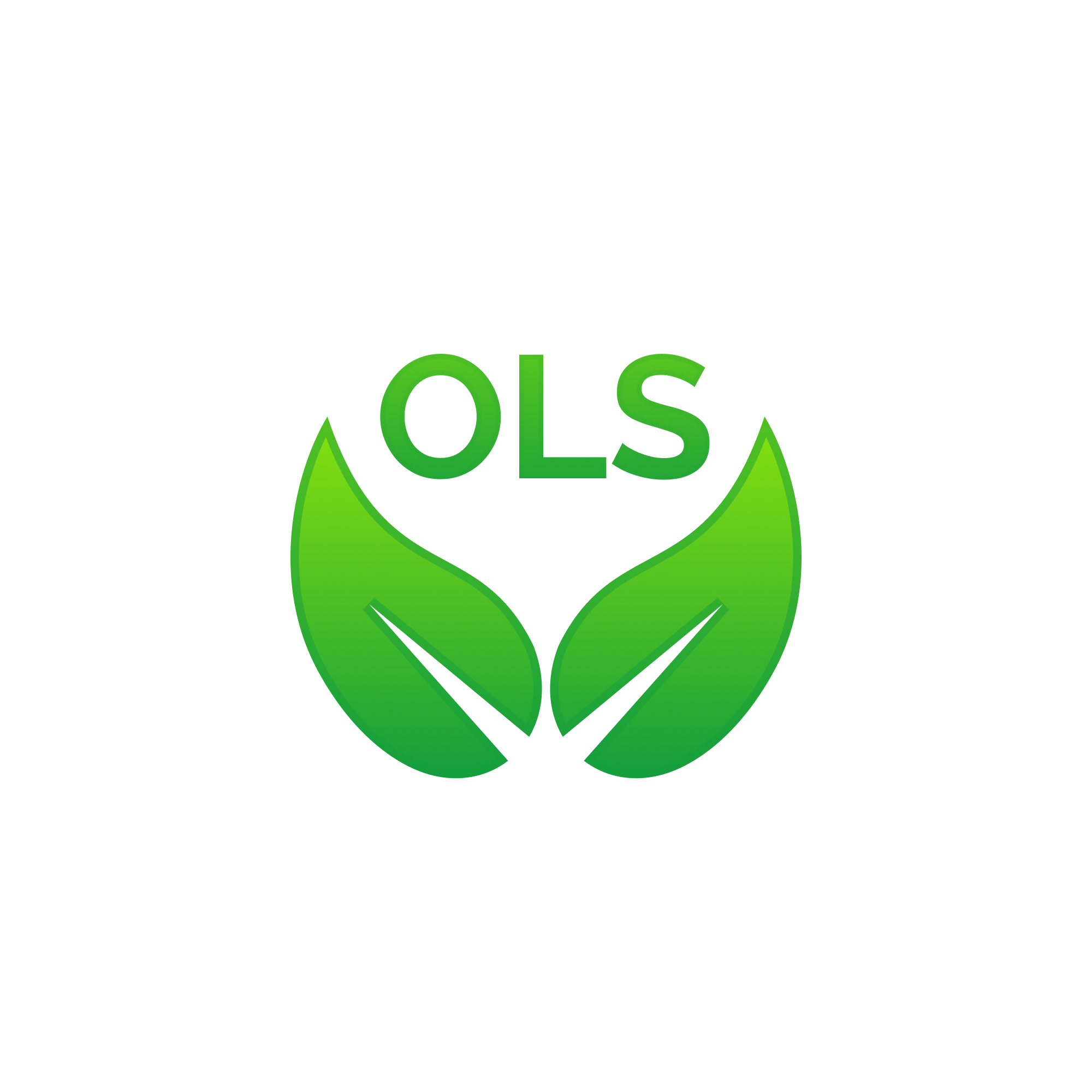Supplementary Data 11: Case Study on Incubating International Communities of Practice - Bioinformatics Hub of Kenya Initiative#
In 2020, a project on bioinformatics skills and capacity building by Michael Landi, David Kiragu, Margaret Wanjiku, and Festus Nyasimi was selected as part of the inaugural program of Open Seeds OLS-1. As postgraduate students specializing in bioinformatics, they identified a significant knowledge and mentorship gap within their local academic and research environments in Kenya. Their participation in open science training through OLS-1 served as a crucial step toward scoping their plan to establish a bioinformatics hub in their region that can engage Early Career Researchers and minimize the gaps identified by the team. At the end of their training, they launched their project Bioinformatics Hub of Kenya Initiative (BHKi, https://bhki.org/), which, through OLS’ Seed Funding, was registered as a non-profit organization in 2021. Since its inception, the hub has actively empowered their community in bioinformatics and open science through various activities such as industry talks, seminars, science cafes (journal club meetings where discussions focus on bioinformatics, scientific work, and techniques), and workshops. They received their first funding from Code for Science and Society (https://www.codeforsociety.org/) to organized the first-ever scientific conference, #BOSSCon2022, to mark the culmination of all their efforts. They collaborated with the OpenScienceKE project to organize a series of virtual events, raising awareness of and empowering researchers with skills and tools in open science and bioinformatics. In their publication, they summarize their training framework - Sensitize, Train, Hack, Sustain, and Collaborate (doi.org/10.3389/frma.2023.1070390). This model was also showcased at the BOSC/ISMB conference in 2022, an international travel fund for which was awarded to Festus by Open Bioinformatics Foundation. Festus has since moved to the USA to pursue PhD in genomics and continues to serve on the hub’s leadership team.
Since 2020, BHKi has continued to collaborate with and involve in the OLS community. Newly onboarded members of BHKi have joined subsequent programs and previous graduates support Open Seeds as mentors and facilitators. One of the hub’s initiatives, a university outreach program for undergraduate learners in life science was awarded seed funding from OLS in 2021, supporting BHKi to reach five local universities and engage with more than 500 undergraduates who are now part of the community. In OLS-8, BHKi was involved in piloting OLS-Africa in collaboration with an initiative in South Africa. In addition to online training and mentoring, OLS-Africa mentees based in Kenya received personalized face-to-face mentorship support from the hub to provide safe spaces to discuss different aspects of being researchers and network with others locally. Outside Open Seeds, the BHKi team is a key partner of OLS in delivering facilitation training and transcription services. The hub is represented by Laurah Nyasita in the OLS governance advisory committee, and Pauline Karega, who is now a PhD researcher in the UK, engages with training and research activities in OLS.
Through Open Seeds, BHKi has expanded its reach and capabilities, playing a critical role in enhancing capacity building and promoting open science principles within Kenya and beyond. Beyond the hub, the growth and influence of BHKi members as open science ambassadors highlight the long term impact of the OLS community. The hub members are actively developing their training capacity to engage bioinformatics learners at both novice and advanced level to mobilize researchers in harnessing the potential of data and Artificial Intelligence.
